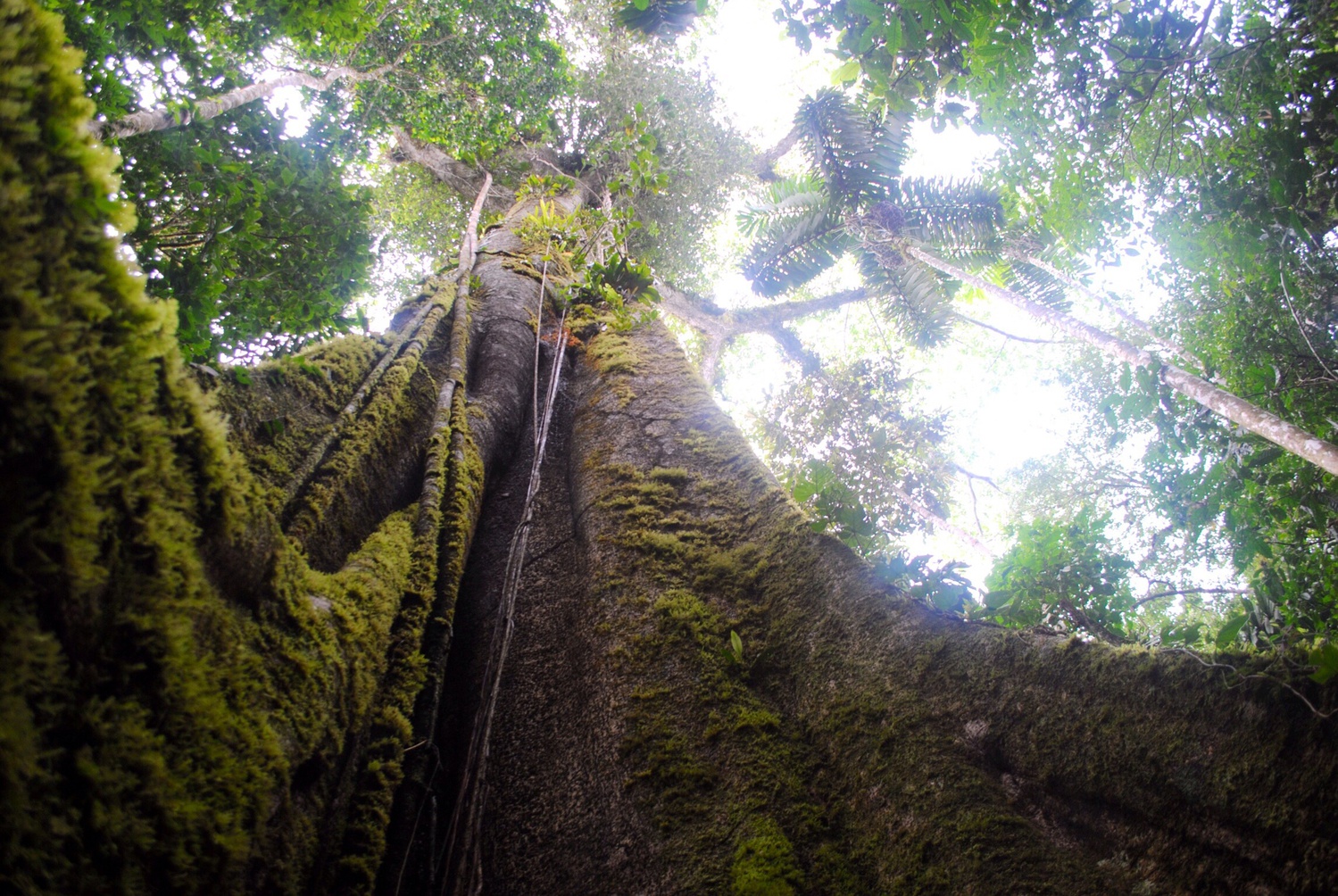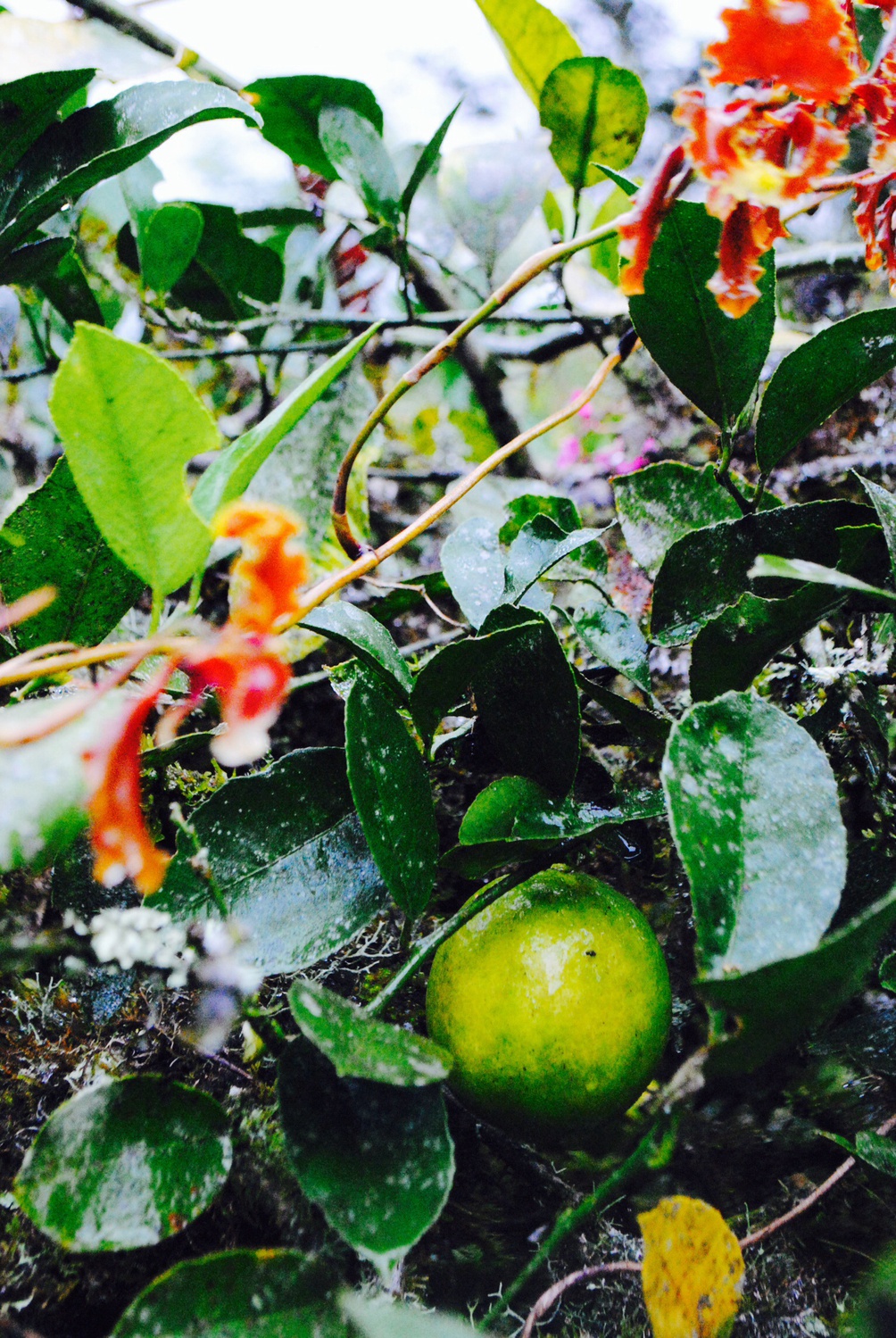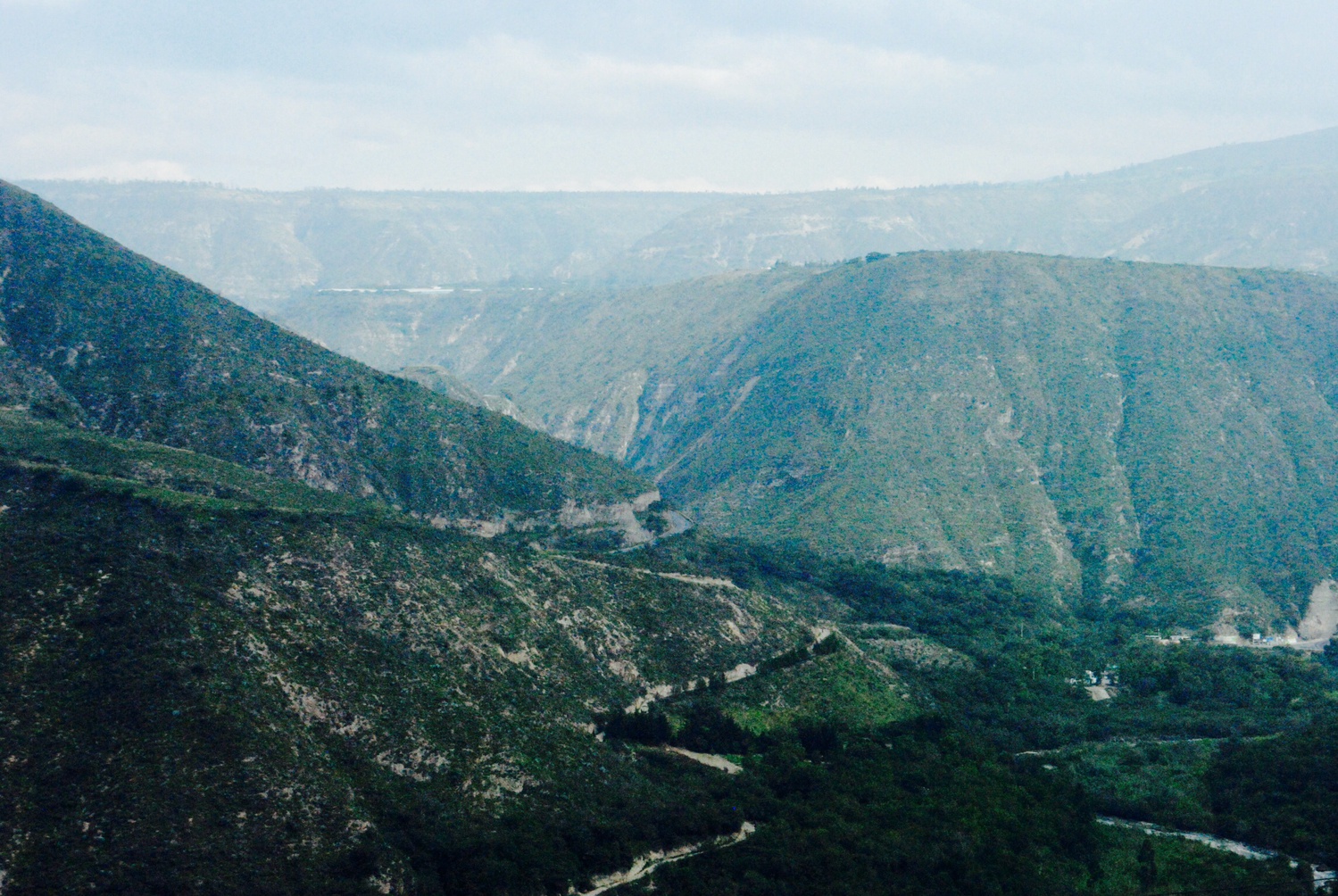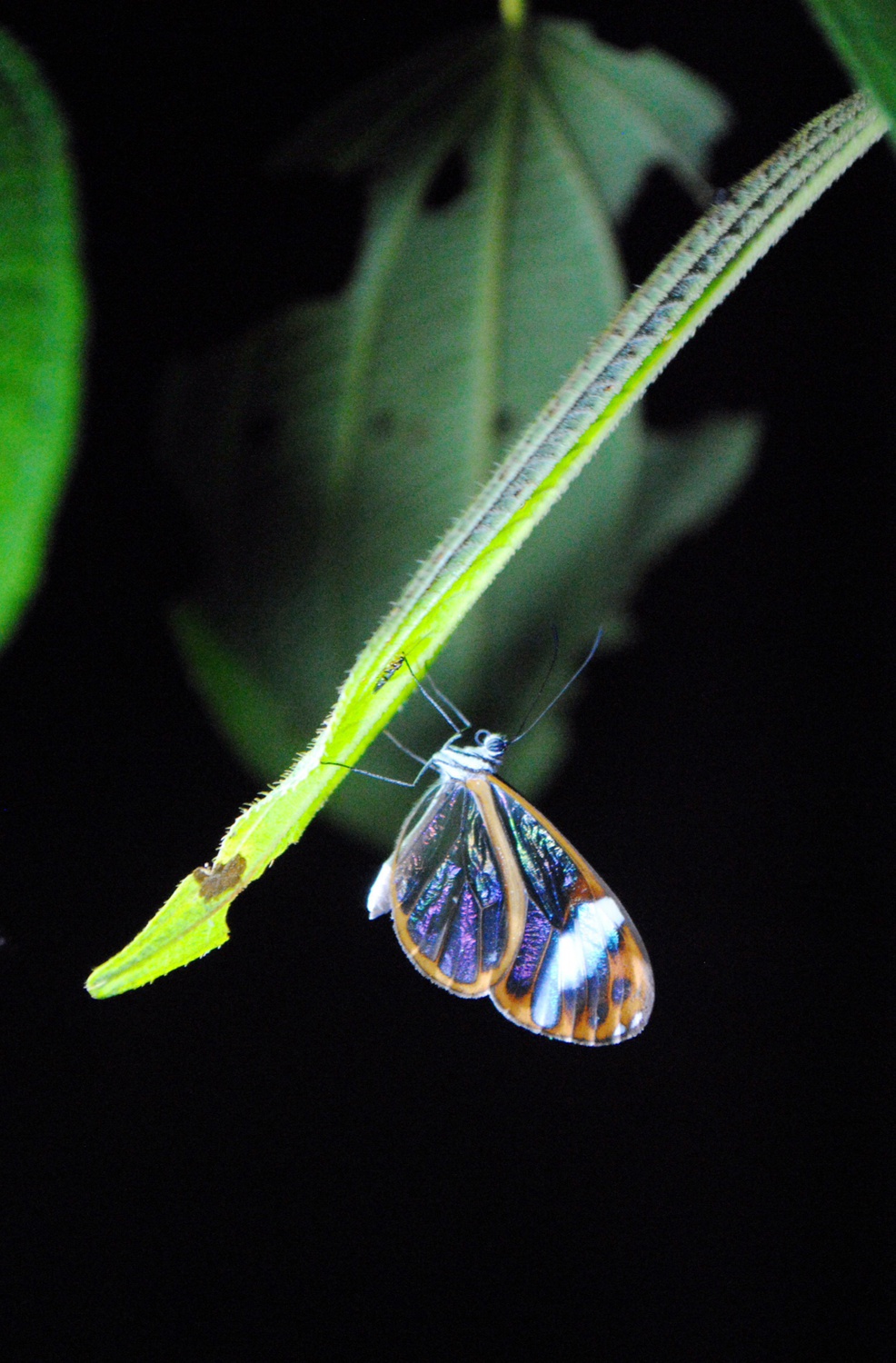Notes From the Equator
We awoke to a thundering rain on the tin roof, accompanied by a chorus of livestock outside—the best alarm clock there ever was. Situated on the western edge of the Amazonian rainforest in Northern Ecuador, we were staying with a host family in an indigenous Kichwa community on the banks of the Arajuno River. Interspersed with the smell of saturated greenery and burning plastic, we witnessed a life that seemed a ghost of our own. Our papito was trained as a healer and our family subsisted off of food from their own backyard—the rainforest—so between the cacao, medicinal plants, and freshly-caught tilapia, we were living an locavore's dream. I saw my first fireflies in the blue light of the equatorial dusk. But between the hikes and organic food and endemic species, we also were given an idea of the larger issues looming over this ecosystem.
Less than a year ago, an underutilized airport was constructed in Tena to support travel to the nearby petroleum fields. While this brings jobs and income into a country with a high poverty rate, it also brings deforestation, indigenous displacement, and water table infiltration. Ecuador is the third largest exporter of petroleum in Latin America, and most of the existing and proposed sites are located in the Amazon rainforest.
Being a Harvard student abroad is an immensely educational experience. On the one hand, there are times when the cushy, brick-laden world of Cambridge feels like several worlds away, and academia a frivolous excuse for knowledge. There is so much to learn in countries where seatbelts are optional and drinking the tap water is ill-advised. Call it the bias of an anthropology concentrator, but I always find myself learning more about the world and myself when exposed to different ways of life.
But on the other hand, there are times when I am extremely grateful to have the tools to process these incredibly disparate realities. What does it mean to operate in a region with endemic biodiversity? What are the repercussions of neoliberal ideologies pushed by international corporations? Are we at all beholden to "preserve" resources and culture for future generations, or this a naive cover for enforcing societal stagnation? I may not have the answers to these questions, but at least I know how to ask them.
So it will be with some degree of skepticism that I return to campus this fall. Of course, part of me will be hungry for my classes, social circles, and even dining hall food (well, perhaps not that), but I find it useful to have an alternative discourse for comparison. After all, that is what a liberal arts education is supposed to be about.
So it will be with some degree of skepticism that I return to campus this fall. Of course, part of me will be hungry for my classes, social circles, and even dining hall food (well, perhaps not that), but I find it useful to have an alternative discourse for comparison. After all, that is what a liberal arts education is supposed to be about.






